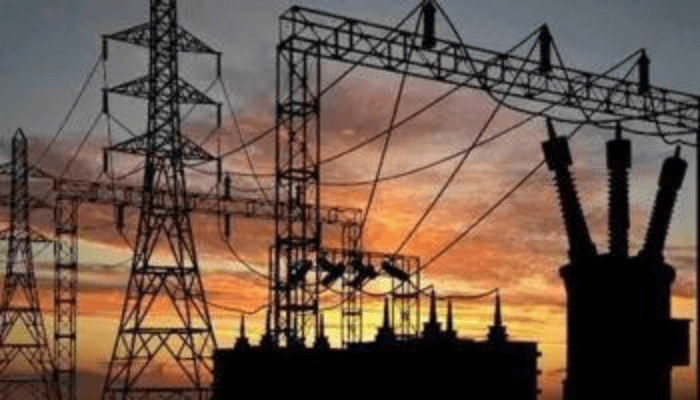12 Nigerian states are forging ahead with plans for independent power projects, empowered by the Electricity Act 2023, a hopeful sign for Nigeria’s long-standing battle with insufficient electricity.
This act, signed into law last June, decentralised control of electricity generation, granting states the authority to generate, transmit, and distribute power within their jurisdictions.
Read also: Nigeria’s electricity crisis: Is FG overwhelmed?
This newfound autonomy has sparked a flurry of activity. Lagos, Kano, and ten other states have reportedly finalized plans for power projects, eager to address their own energy needs.
Some states have even established their electricity market laws, seeking approval to set up independent regulatory bodies separate from the Nigerian Electricity Regulatory Commission (NERC).
“This means that, until a state has passed its electricity market laws, NERC will continue to regulate electricity businesses in such states. 12 states have applied to have their regulatory commissions and once the necessary things are done, the NERC will no longer regulate electricity in those states,” a source said.
As of February, checks with the Ministry of Power revealed that Lagos, Edo, Kaduna, Enugu, and Oyo have signed their electricity laws.
A review of the power plans by the Lagos and Edo state governments, for example, ranks metering high on the priority lists as these state governments wishing to set up their electricity market have reached an understanding with various meter assemblies as part of their plans. The Lagos State government had even organised a competition to select the best metering ideas.
Private investors providing electricity in large estates that have chosen to set up hybrid systems with existing distribution companies and even off-grid energy market investors make metering, the most viable way to recoup their investments, a priority in their plans.
Off-grid communities in rural northern Nigerian states have functional meters, even as poor metering capacity continues to expose the incompetence of the current utility managers at the distribution company and regulator levels.

